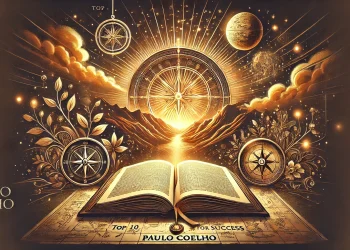No products in the cart.
NCERT Revises Class 7 History Curriculum: Mughals and Delhi Sultanate Dropped, New Themes Added
The National Council of educational Research and Training (NCERT) has updated the Class 7 Social Science curriculum, sparking public debate and media coverage. The revised textbook, titled Our Past – Part 2, no longer includes chapters on the Delhi Sultanate and the Mughal Empire. Instead, it introduces new topics such as the Maha Kumbh festival, ancient Indian dynasties, and flagship government programs like Beti Bachao Beti Padhao and Make in India.
What Has Changed?
The new history textbook shifts focus from medieval rulers to other aspects of India’s cultural and political history. New chapters explore:
- Ancient Indian Dynasties: Expanded content on the Maurya, Shunga, Satavahana, and Gupta periods.
- Sacred Geography: A chapter on the Maha Kumbh aims to explain the religious and cultural significance of the event.
- Contemporary India: Initiatives like Beti Bachao Beti Padhao, Digital India, and Make in India have been added under civics-related themes.
According to NCERT, this move aligns with the National education Policy (NEP) 2020 and the National Curriculum Framework (NCF) 2023, which emphasize a more “Bharatiya” approach to education, integrating India’s ancient knowledge systems, culture, and contemporary developments.
Why the Change?
 Innovation
InnovationSenators Grill Waymo and Tesla on Robotaxi Safety Concerns
Senators interrogate Waymo and Tesla executives about robotaxi safety and liability issues during a Senate hearing. What does this mean…
NCERT officials have cited two main reasons:
Curriculum Rationalisation: The changes are part of a broader effort to reduce content load on students and make learning more relevant.
- Curriculum Overlap: Content on the Delhi Sultanate and Mughals is covered in other grades (notably Class 6 and Class 8), leading to repetition.
- Curriculum Rationalisation: The changes are part of a broader effort to reduce content load on students and make learning more relevant.
A senior NCERT official said, “The decision was made after several rounds of consultation with academic experts under the framework provided by NEP 2020. It reflects the shift toward a more Indian-centered view of history.”
Reactions and Responses
The curriculum change has sparked a divided response.
- Supporters argue that the move rebalances the curriculum to reflect India’s indigenous achievements and cultural depth, which have been underrepresented.
- Critics, including some historians and educators, caution that removing prominent historical chapters could limit students’ understanding of the subcontinent’s complex political and cultural evolution.
Historian Irfan Habib commented in a recent interview that “the exclusion of key periods such as the Mughal era may deprive students of understanding India’s pluralistic past.”
 EdTech
EdTechBuilding Resilient Learning Systems for the Future
Discover how combining technology with human support creates resilient learning systems that adapt to the needs of students today and…
Read More →What It Means for Students
Students will now engage with a more diversified set of topics—ranging from early Indian empires to social reform and present-day policy initiatives. Educators and schools are being guided on how to implement the revised material, with updated teacher manuals and support resources expected soon.
Looking Ahead
The NCERT’s changes are part of a broader national conversation about how India’s history should be taught. With textbook content often reflecting deeper narratives about identity, culture, and nationhood, educational reforms like this one inevitably prompt public discourse.
Historian Irfan Habib commented in a recent interview that “the exclusion of key periods such as the Mughal era may deprive students of understanding India’s pluralistic past.”
As India continues to modernize its education system, how the past is framed for future generations will remain a subject of both academic scrutiny and societal interest.











